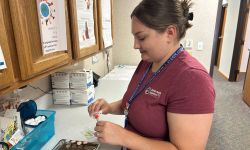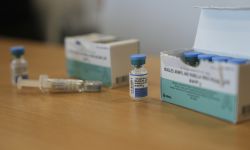Getting Michiganders to take COVID-19 vaccine: ‘My trust just isn’t there’
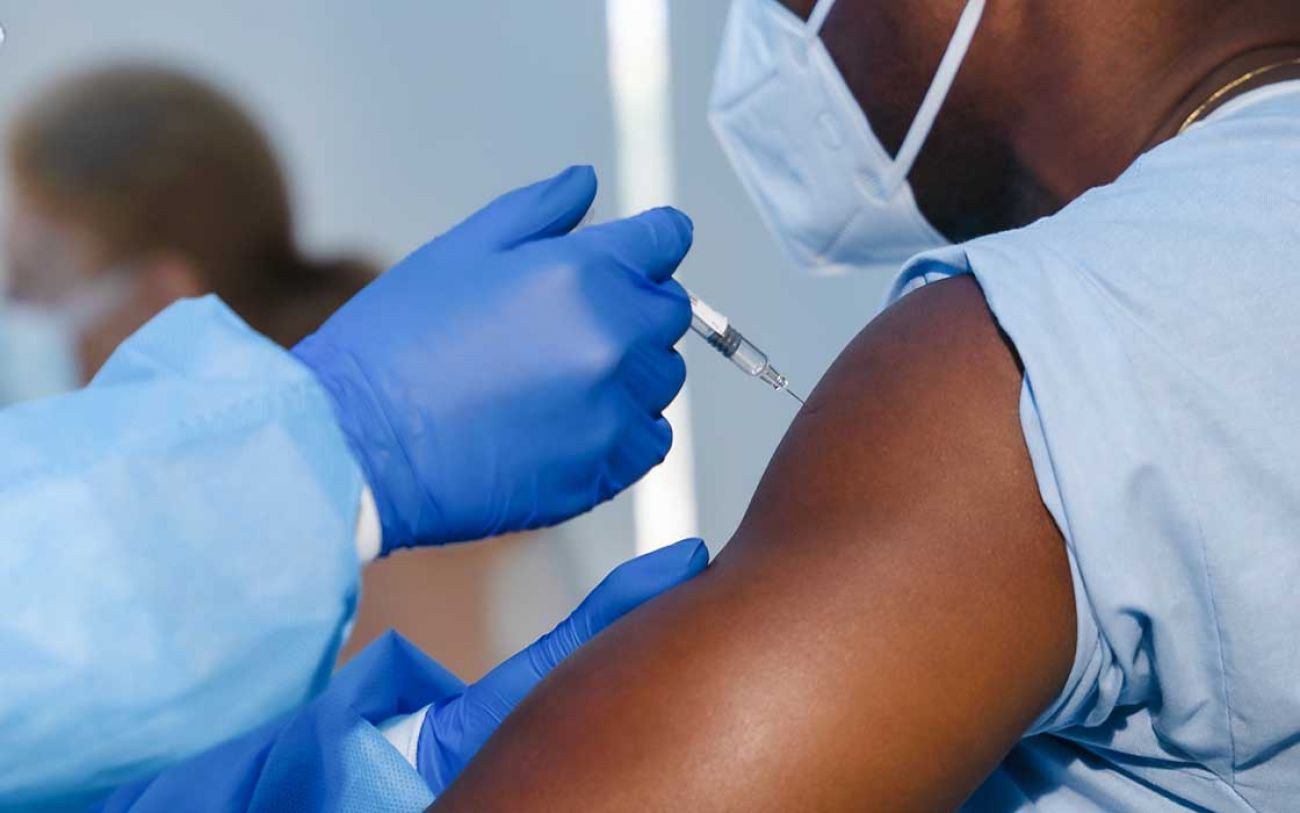
GRAND RAPIDS—As she loaded a cartful of groceries into her car, Grand Rapids resident Jill Johnson paused to consider whether she’d roll up her sleeve if there’s a vaccine for COVID-19.
“Would I be the first in line for a shot? I’d be the last,” she told Bridge.
“I think they’ve been rushing it. My trust just isn’t there.”
Even as scientists race to develop a vaccine for the coronavirus, repeated polls have found significant numbers of people, especially African Americans like Johnson, saying they may opt out once a vaccine is approved. Reluctance stems from a host of concerns, from the headlong rush to eliminate COVID-19 to misgivings about government motives in administering a vaccine. There is wariness even among some who generally support immunization efforts.
Experts warn that this skepticism may pose deeper risks for African-American communities, already ravaged by the pandemic, and could undermine efforts to achieve the herd immunity experts say is key for a vaccine to succeed.
Herd immunity occurs when a sufficient share of a population is immune to an infectious disease, either through prior illness or vaccination, blocking the widespread spread of the disease. The more contagious the disease, the higher the percentage of people who must be immune to slow its spread. Measles, for instance, which is highly contagious, requires immunity somewhere between 93 to 95 percent.
“We know that for the virus, herd immunity is critical,” Abdul El-Sayed, a public health specialist and former executive director of the Detroit Health Department, told Bridge. “You need people to trust the vaccine.”
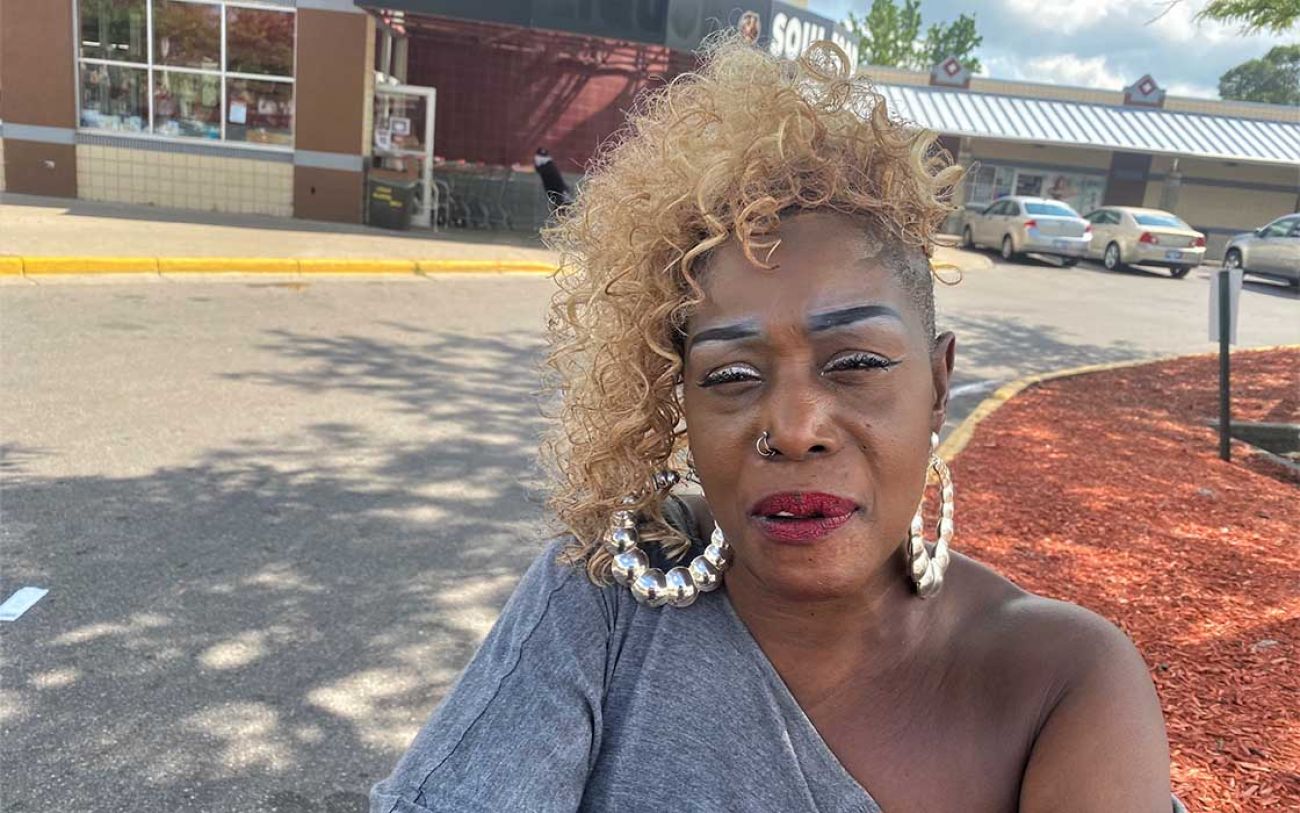
But El-Sayed said African-American doubts about a vaccine are no surprise, given historic precedent like the decades-long Tuskegee medical experiment that used unwitting Alabama sharecroppers as human guinea pigs in a study of untreated syphilis.
“When you belong to a community that is subject to systemic racism, it’s not your fault you would be asking very important questions about a new vaccine that is breaking records in terms of development.”
A June Newsweek poll found that just 44 percent of Black respondents said they would be willing to take a COVID-19 vaccine, compared to 62 percent of Latino respondents and 70 percent of white people.
- The latest: Michigan coronavirus unemployment, map, curve, updated COVID-19 news
- Dashboard: Michigan coronavirus testing numbers, trends, COVID-19 data
The poll found nearly twice as many Black respondents agreed with the statement that “the dangers of vaccines are being hidden by the medical establishment," compared with the other survey groups.
Similarly, an Associated Press-NORC Center for Public Affairs Research poll in late May found just 25 percent of African Americans would commit to getting a vaccine, compared to 37 percent of Latino respondents and 56 percent of white respondents.
Overall, the poll found, just 49 percent of all adults surveyed said they would get a COVID-19 vaccine. Another 31 percent were unsure. Such sentiments raised alarm among a working group of U.S. epidemiologists, who say they worry that in the race to find a vaccine, the medical community is ignoring the need to develop public confidence in whatever vaccines are approved.
The world’s largest COVID-19 vaccine study began in the U.S. Monday with a final stage test of 30,000 volunteers taking shots of a vaccine developed by the National Institutes of Health and U.S. biotech firm Moderna. Early stage results showed the vaccine produces an immune response in those injected.
U.S.-based Pfizer also announced Monday it is to begin a similar vaccine trial of 30,000 volunteers from 39 states in the United States and from Brazil, Argentina and Germany.The U.S. government has committed $1.95 billion to produce and deliver 100 million doses if the Pfizer vaccine proves safe and effective.
Experts say more testing — and time — are needed to ensure a vaccine is effective and free of dangerous side effects. They acknowledge they don’t yet know how long any vaccine will protect those who get it, noting that seasonal coronaviruses typically do not trigger a long-lasting, much less permanent, immunity response.
It’s also unclear who the first doses of the potential vaccine would go to in the U.S., and how those decisions would be made.
While it remains an open question how effective any vaccine may prove, one Detroit health expert said the African-American community can ill afford a second COVID-19 wave like that which slammed Southeast Michigan in April.
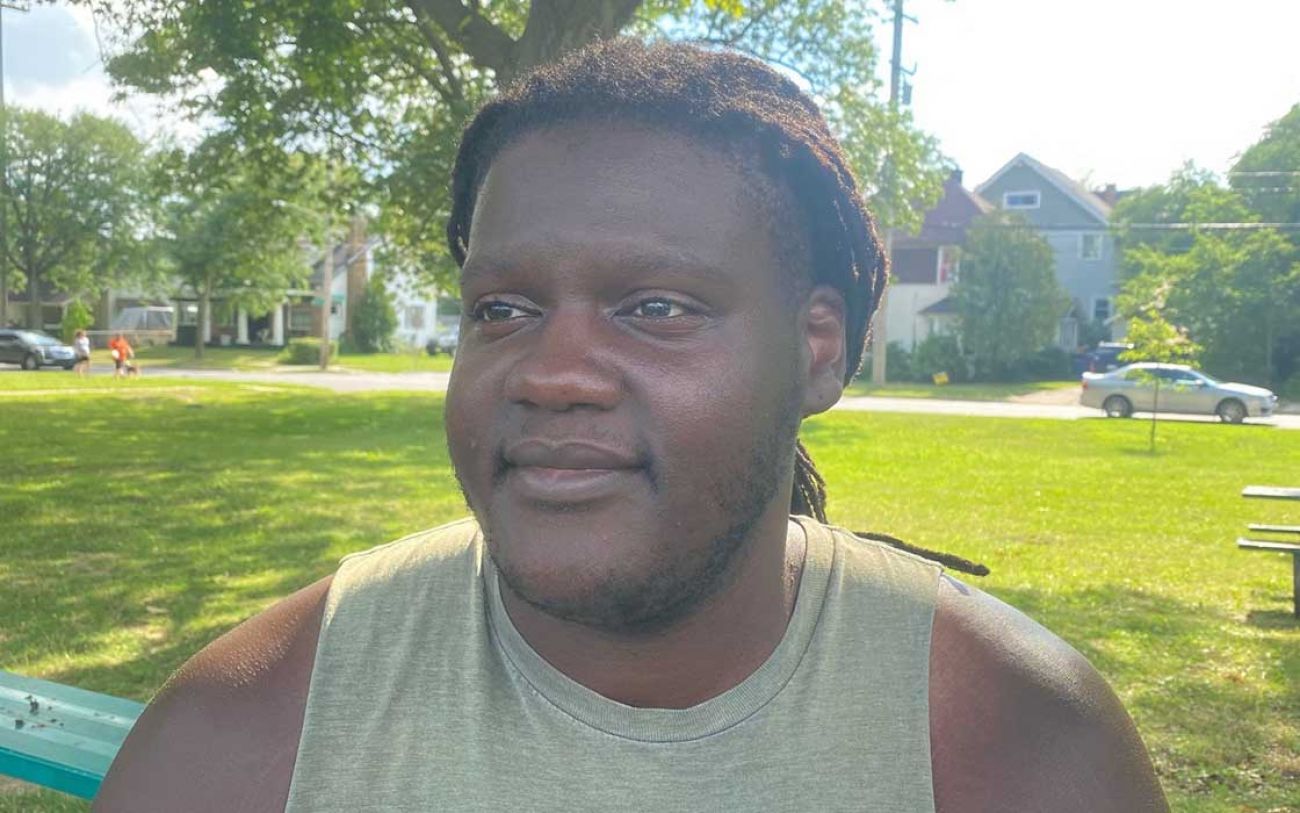
While African Americans are 14 percent of Michigan’s population, they accounted for nearly 40 percent of 6,000-plus deaths from the new coronavirus. Detroit, which has a 79 percent Black population and comprises 7 percent of the state’s population, has suffered nearly a fourth of state COVID-19 deaths.
“It was devastating,” recalled Dr. Hebert Smitherman Jr., president and CEO of Health Centers Detroit Foundation, a nonprofit community health center organization.
“I had patients in my practice where the virus wiped them out in three or four days. One day, I admitted seven to the hospital and five died.”
Americans deeply suspicious of COVID-19 vaccine
A national poll found deep reluctance, especially among African Americans, to take a COVID-19 vaccine when one is developed. Among the findings:
“Willing to take” a COVID-19 vaccine
- 70 percent whites
- 62 percent Latinos
- 44 percent African Americans
Those who agree with the statement: “The dangers of vaccines are being hidden by the medical establishment”
- 49 percent African Americans
- 29 percent Latino
- 25 percent White
Those who agree with the statement: “The coronavirus is being used to force a dangerous and unnecessary vaccine on Americans”
- 42 percent African American
- 22 percent Latino
- 22 percent whites
Source: Newsweek
Smitherman noted the high coronavirus death toll appears to be tied to a web of causes, including a larger percentage of African Americans suffering from an underlying health condition such as diabetes, or heart and lung disease, which are linked to COVID-19 deaths. In Michigan, Black residents also suffer higher rates of kidney disease, pneumonia and flu, according to a report by the Michigan Department of Health and Human Services.
Likewise, African Americans are more likely to take public transportation, live in crowded housing conditions, lack access to health care and work in frontline service jobs ─ all connected to greater risk to the new coronavirus.
Smitherman noted that qualms about the medical establishment run deep in the African-American community, reinforced by the psychic scars of events like the Tuskegee medical study that ran from 1932 before it was shut down in 1972.
In that study, the U.S. Public Health Service enrolled 399 Alabama sharecroppers with syphilis to study the effects of untreated syphilis over time. The men were promised free medical care but were not aware they were given placebos and phony procedures disguised as treatment.
None of the infected men were given penicillin despite the fact it was recognized as standard treatment for syphilis by 1947. Reports written by doctors in charge of the experiment concluded that 28 men enrolled in the study died of syphilis.
“People feel like if the federal government will do this to our community, what else will they do?” Smitherman said.
To counter that, Smitherman said leaders in communities of color could play a vital role in sharing accurate information about a COVID-19 vaccine.
“We need to have African-American and Latino health leaders in their communities say, ‘I got the vaccine and I’m OK.’”
Robert Swanson, who directs the MDHHS Division of Immunization, said the department is laying groundwork for a statewide education campaign should a COVID-19 vaccine be approved and be judged safe.
“One of the ways we are hoping to do that is through the faith-based communities, which goes across all ethnicities and races. That’s one of the avenues we plan to use.
“We want to be sure all populations will take this, particularly the African-American population, because we’ve seen such a burden in that population.”
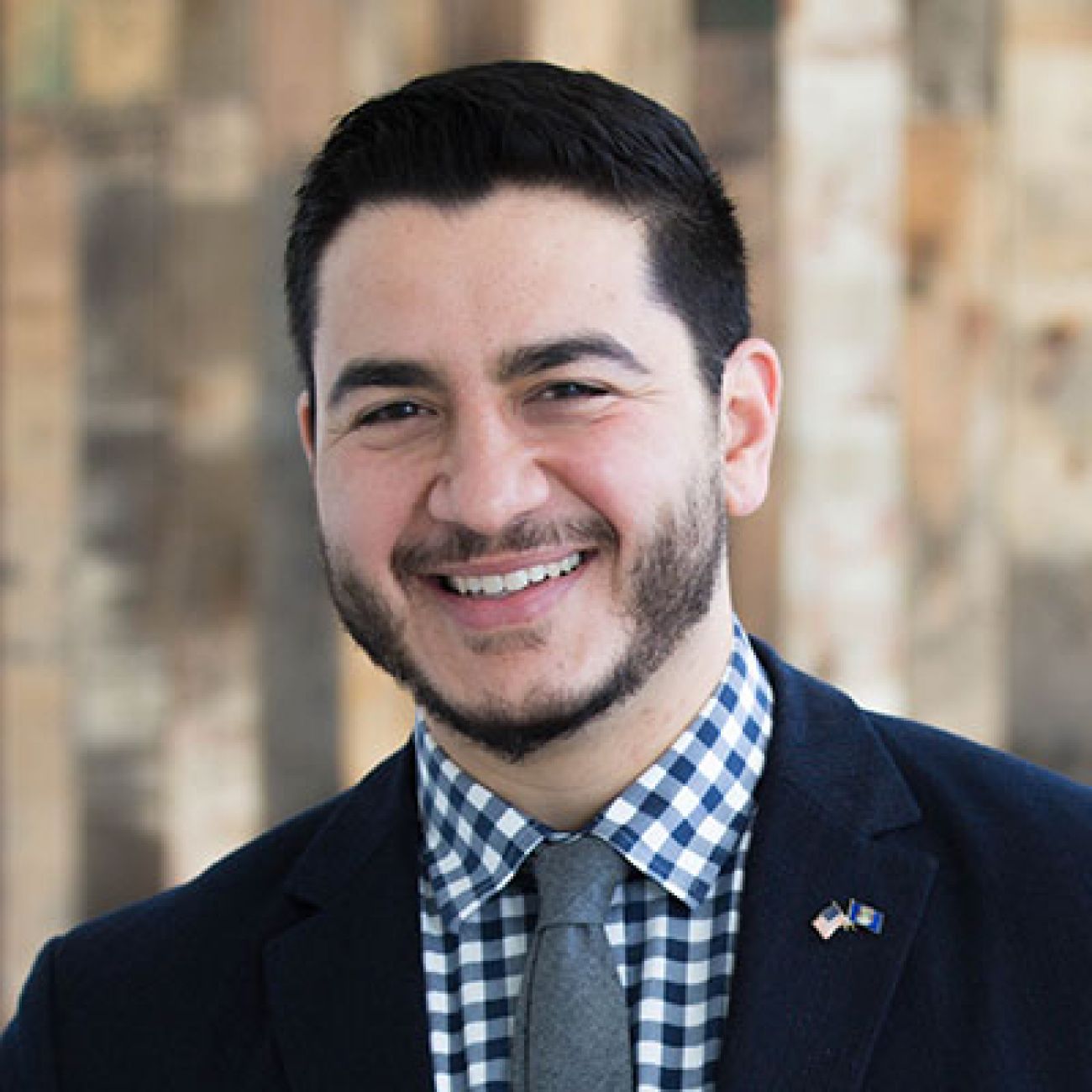
In the meantime, the Internet continues to be fertile ground for dark warnings, misinformation and ungrounded conspiracy theories about the coronavirus and plans for a vaccine — potentially driving down the numbers of those who would get a shot.
A Pew Research Center survey in late June asked people if they had heard the theory that the COVID-19 outbreak itself was planned by people in power. Seventy-one percent of U.S. adults said yes. A third of those respondents said it was "definitely" or "probably" true.
In a common version of this discredited theory, the pandemic is a global plan hatched by elites such as Microsoft billionaire Bill Gates to implant tracking chips along with vaccinations that would be activated by 5G cellular technology. It’s been widely shared on platforms like Facebook.
The postings gained enough media attention to prompt Gates to deny any such sinister plot.
"I've never been involved in any sort of microchip-type thing,” he said in a call with reporters. "It's almost hard to deny this stuff because it's so stupid or strange."
Another theory puts Dr. Fauci at the heart of the conspiracy, falsely claiming he was in a 2015 photo at a Chinese lab in Wuhan along with President Barack Obama. The photo was taken at a lab in Maryland.
Michigan United for Liberty, the group that hosted an April 30 Lansing protest against Gov. Gretchen Whitmer’s stay-at-home order, is raising the alarm as well about a COVID-19 vaccine.
Michigan United for Liberty organizer Alex Larner, identified on the group’s website as secretary of the Eaton County Tea Party, has used his personal Facebook page to share unfounded conspiracy videos on the “fake science behind the fear mongering of the WuFlu.”
“The end goal of the WuFlu pandemic is mandatory vaccines,” Larner wrote May 9.
Warren resident Diane Barnes supports the aims of Michigan for Vaccine Choice, which lobbies for the right of parents to opt out of vaccines for their children.
It’s one strand of a broader anti-vaccine movement that may have paved the way for a 2014 outbreak of whooping cough at a Traverse City charter school that spawned more than 150 suspected cases. It was tied to parents wary of vaccinations, as 17 percent of kindergartners had parents who signed waivers exempting their children from immunizations.
In 2014, Michigan had the fourth highest rate of unvaccinated kindergartners in the nation. State law at that time required parents to immunize school-age kids against communicable diseases such as measles, whooping cough, mumps and tetanus — unless they received a waiver that allowed them to opt out for medical, religious or “philosophical” reasons.
To reduce the number of waivers, MDHHS in 2015 mandated that parents who want to opt out for non-medical reasons must sit down with a local health worker for an educational session on vaccine-preventable diseases before obtaining a waiver. In the first year after that rule was enacted, MDHHS reported the number of statewide waivers dropped by 35 percent as child vaccination rates began to rise.
Barnes told Bridge she’s not persuaded that COVID-19 is part of any global vaccine plot orchestrated by Gates and Fauci.
“I’m not buying into that,” she said.
But she said she has no intention of getting a COVID-19 vaccine.
Johnson, of Grand Rapids, said her reluctance goes beyond her fear that the medical community may be tempted to cut corners in the quest to approve a vaccine.
She said she’s troubled by the political environment, magnified by her view of President Trump’s handling of the pandemic.
“I just don’t trust him,” she said. “I think he’s a liar.”
Sitting at a table at a Grand Rapids park with a friend, Gerard Mayweather had more stoic reasons for opting out of a COVID-19 vaccine. It’s not because, as an African American, he believes the government is somehow conspiring against him.
“I just think getting the virus is inevitable,” he said.
“Do I wear a mask? Do I wash my hands? Yes,” he said.
“But the way this goes, I think it’s inevitable I will get it. I had cancer twice and I’m all right. I refuse to be a prisoner to this.”
See what new members are saying about why they donated to Bridge Michigan:
- “In order for this information to be accurate and unbiased it must be underwritten by its readers, not by special interests.” - Larry S.
- “Not many other media sources report on the topics Bridge does.” - Susan B.
- “Your journalism is outstanding and rare these days.” - Mark S.
If you want to ensure the future of nonpartisan, nonprofit Michigan journalism, please become a member today. You, too, will be asked why you donated and maybe we'll feature your quote next time!


